Category: CBD
Hemp Oil vs CBD Oil: Unraveling the Distinctions
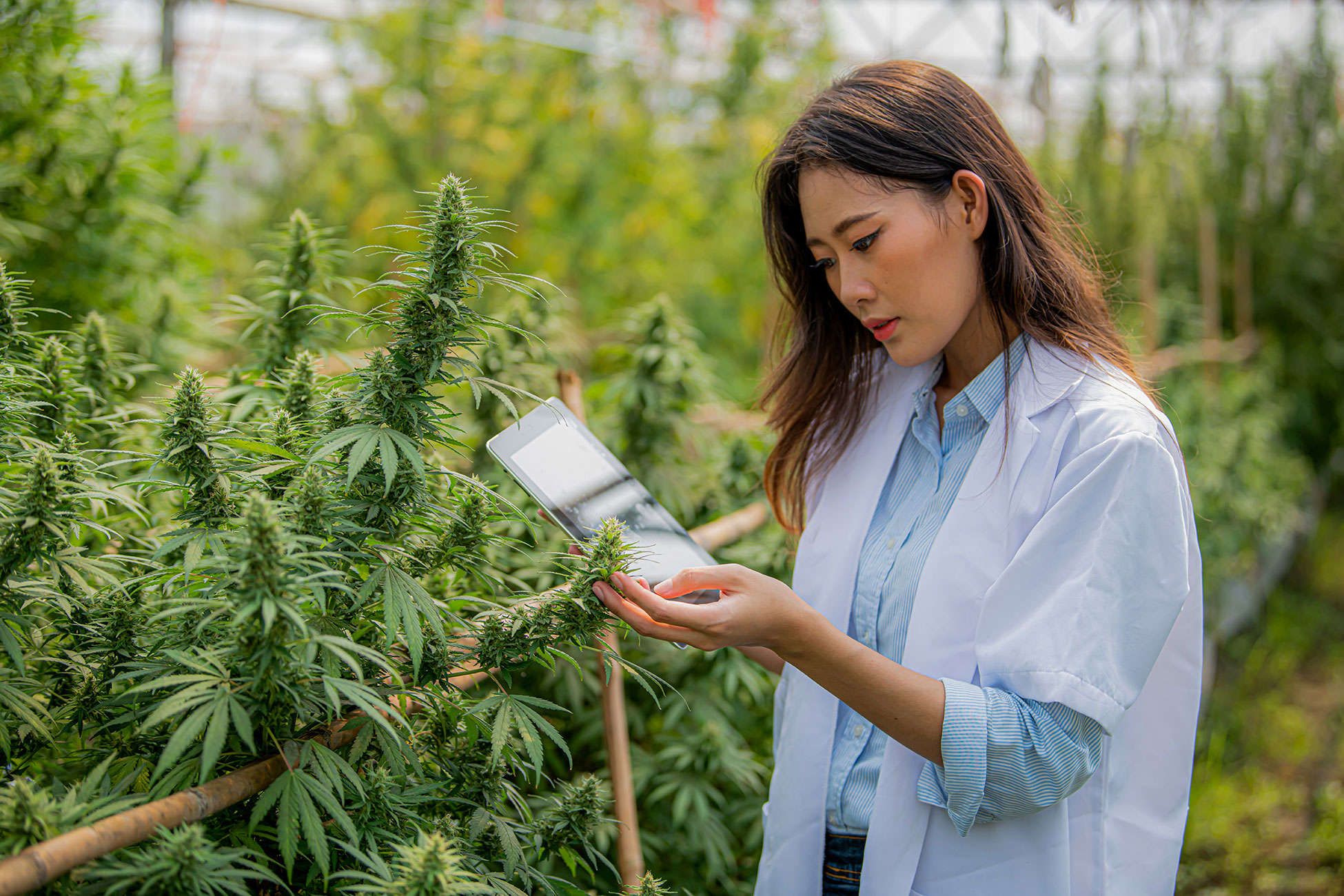
Welcome, curious minds, as we delve into the fascinating realm of hemp oil and CBD oil. In this enlightening blog post, we will embark on a journey to unravel the distinctions between these two popular products. So, grab a cup of tea, find a comfortable spot, and prepare to navigate the labyrinth of botanical wonders with us.
The Plant Kingdom’s Gift: Hemp and Cannabis
Let us start by exploring the source of both hemp oil and CBD oil: the Cannabis sativa plant. Cannabis, a diverse and ancient botanical wonder, comprises various strains, including hemp and marijuana. Although they belong to the same plant family, these strains have different chemical compositions and purposes.
Hemp: Versatility and Industrial Applications
Hemp, the non-intoxicating strain of Cannabis sativa, has been cultivated for centuries for its versatility. From textiles and paper to food products and biofuels, hemp has countless industrial applications. Hemp oil, often referred to as hempseed oil, is derived from the seeds of the hemp plant through cold-pressing, resulting in a nutrient-rich oil with numerous benefits.
Understanding Hemp Oil
Hemp oil is prized for its rich nutritional profile, boasting an optimal balance of omega-3 and omega-6 fatty acids. This oil is also a great source of vitamins, minerals, and antioxidants, making it a valuable addition to a healthy lifestyle. However, it’s important to note that hemp oil does not contain significant amounts of cannabidiol (CBD), the compound that has garnered much attention for its potential therapeutic properties.
Enter the Cannabinoid Revolution: CBD Oil
CBD oil, on the other hand, is derived from the flowers, leaves, and stalks of the hemp plant, specifically bred to contain high levels of CBD. Cannabidiol, one of the many cannabinoids found in Cannabis sativa, has gained popularity for its potential wellness benefits. Unlike tetrahydrocannabinol (THC), the psychoactive compound responsible for the “high” associated with marijuana, CBD does not produce intoxicating effects.
Differentiating CBD Oil
CBD oil extraction involves various methods, including CO2 extraction, ethanol extraction, or solvent extraction. The resulting oil contains high concentrations of CBD, along with trace amounts of other cannabinoids, terpenes, and beneficial compounds. This rich chemical composition is believed to interact with the body’s endocannabinoid system, contributing to potential health advantages such as stress relief, pain management, and improved sleep quality.
Legal Considerations
Now, let us touch upon the legal landscape surrounding hemp oil and CBD oil. In many countries, hemp-derived CBD oil with negligible levels of THC is legal, thanks to the passage of the 2018 Farm Bill in the United States, for instance. However, regulations can vary, so it’s crucial to be aware of the legal framework in your specific jurisdiction.
Choosing the Right Product
When selecting between hemp oil and CBD oil, it’s important to understand your needs and desired effects. If you are seeking a nutrient-dense oil to support your overall well-being, hemp oil might be the ideal choice. On the other hand, if you are looking for potential therapeutic benefits associated with CBD, then CBD oil would be the appropriate option.
Conclusion
As our journey through the realms of hemp oil and CBD oil comes to an end, we hope you have gained a clearer understanding of their distinct characteristics. Hemp oil, with its rich nutritional profile, offers a wealth of benefits for a healthy lifestyle. Meanwhile, CBD oil, with its potential therapeutic properties, provides an alternative avenue for those seeking wellness support.
Remember, dear readers, knowledge is power. Educate yourself about these products, consult with experts, and make informed decisions.
The Nine Best CBD Gummies for March 2023
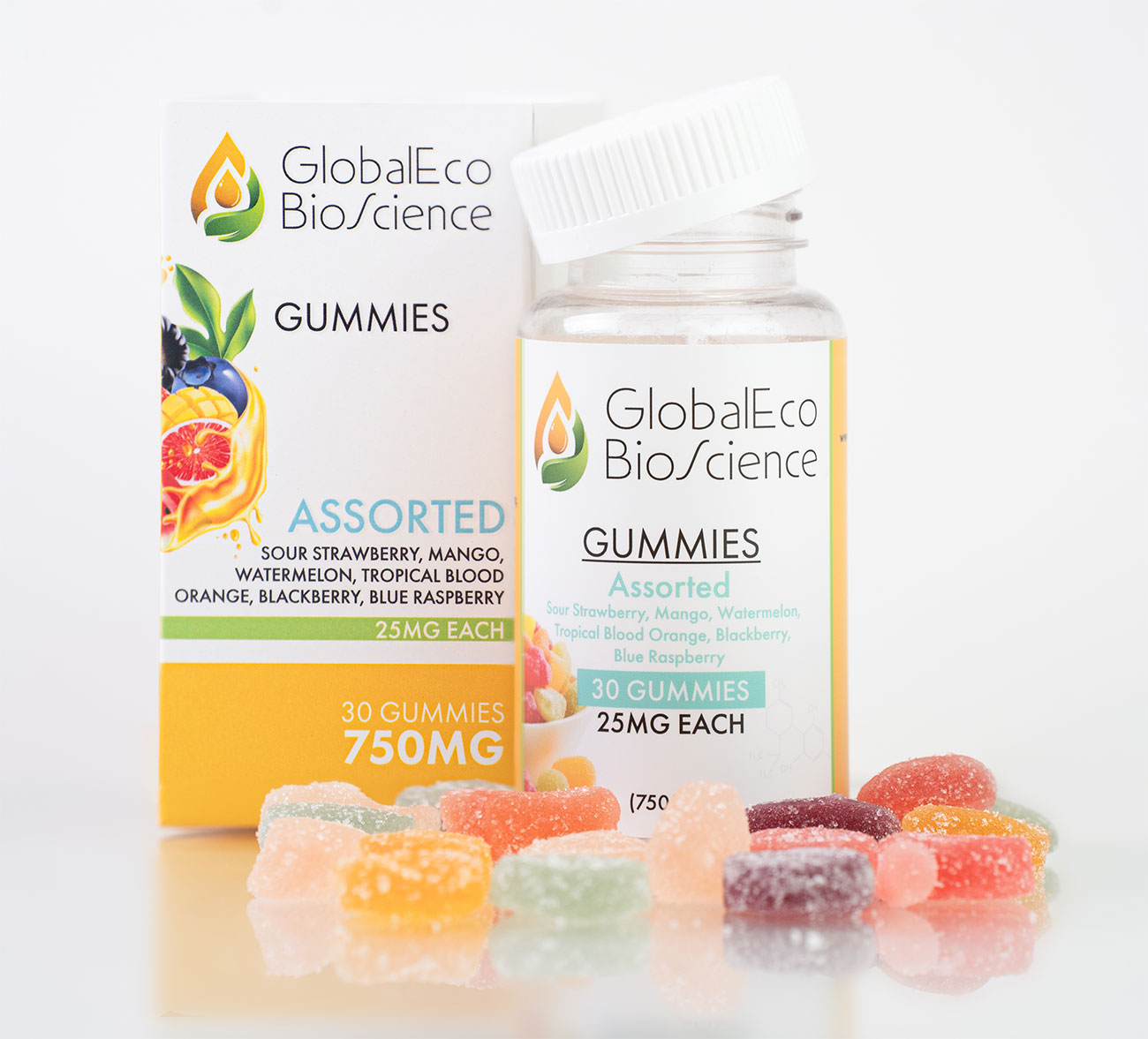
CBD gummies are a tasty and convenient way to enjoy the benefits of cannabidiol. But with so many options on the market, it can be tough to decide which ones to try. That’s why we’ve put together a list of the nine best CBD gummies for March 2023.
- Global Eco Bioscience Gummy CBD Isolate – With 25mg of CBD per gummy, these vegan-friendly gummies from Global Eco Bioscience are a great way to get your daily dose of CBD. They’re also gluten-free and made with all-natural ingredients.
- Charlotte’s Web CBD Gummies – Made with full-spectrum CBD and natural fruit flavors, these gummies from Charlotte’s Web are a tasty and effective way to experience the benefits of CBD.
- Green Roads Relax Bears – These cute little bears pack a serious punch of 10mg of CBD per gummy. They’re also made with broad-spectrum CBD and come in a variety of delicious flavors.
- Verma Farms CBD Gummies – Verma Farms’ gummies are made with organic, non-GMO hemp and come in a range of tropical flavors. Each gummy contains 25mg of CBD.
- CBDistillery Gummies – These vegan-friendly gummies from CBDistillery are made with pure CBD isolate and come in a variety of fruit flavors. Each gummy contains 30mg of CBD.
- Joy Organics CBD Gummies – These broad-spectrum CBD gummies from Joy Organics are THC-free and come in a variety of delicious fruit flavors. Each gummy contains 10mg of CBD.
- Hemp Bombs CBD Gummies – Hemp Bombs’ gummies are made with broad-spectrum CBD and come in a range of strengths and flavors. They’re also gluten-free and vegan-friendly.
- PlusCBD Oil Gummies – These gummies from PlusCBD Oil are made with full-spectrum hemp extract and come in a variety of fruit flavors. Each gummy contains 5mg of CBD.
- Medterra CBD Gummies – Medterra’s gummies are made with CBD isolate and come in a variety of fruit flavors. Each gummy contains 25mg of CBD.
Whether you’re looking for vegan-friendly options, full-spectrum or isolate CBD, or a specific flavor, there’s a CBD gummy on this list for you. So why not give them a try and see which ones work best for you? And don’t forget to try Global Eco Bioscience Gummy CBD Isolate for a quality product you can trust.
CBD for Arthritis Pain: A Closer Look
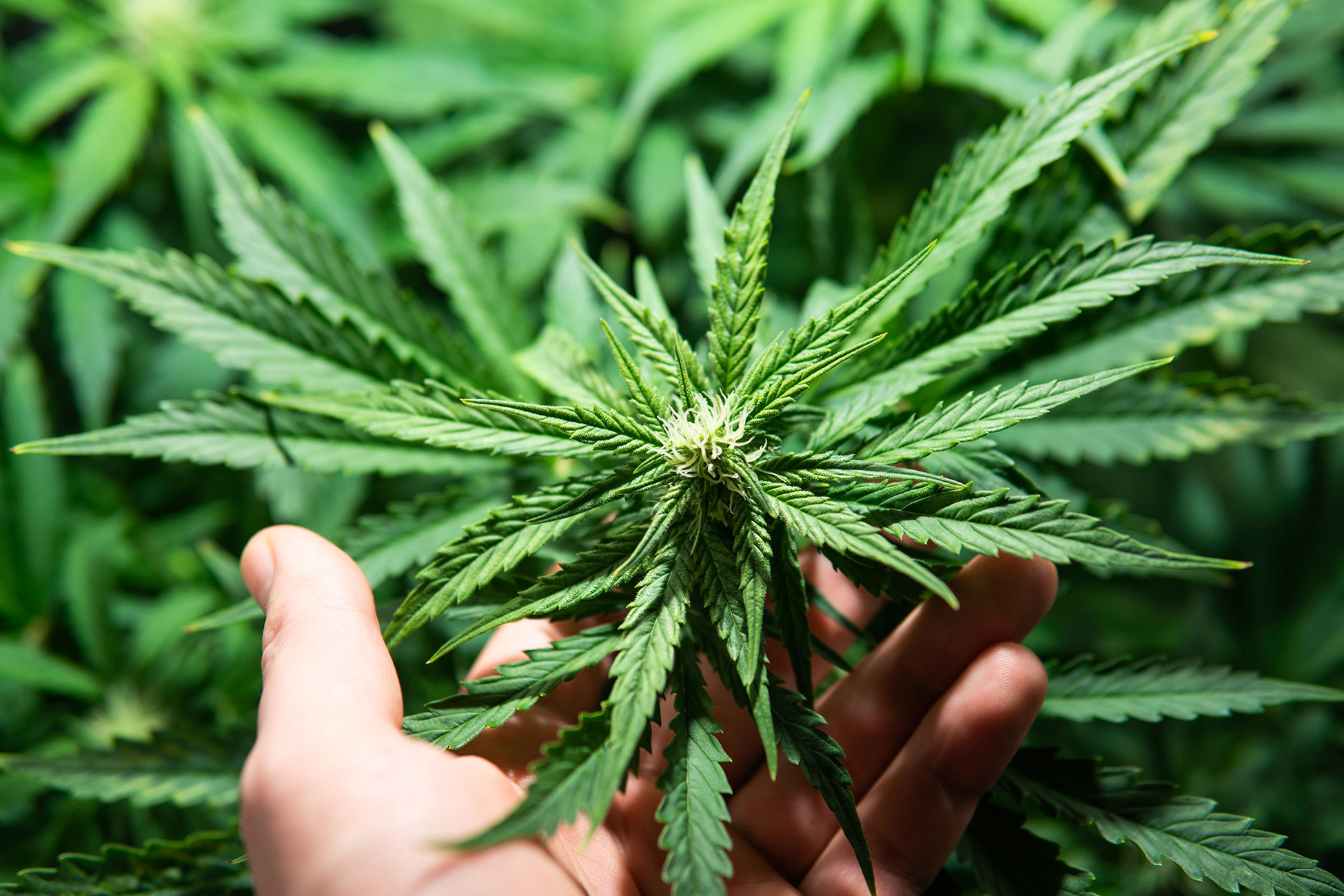
Understanding Arthritis and its Impact
Arthritis, a prevalent condition affecting millions worldwide, is characterized by inflammation and stiffness in the joints. It can be a debilitating condition, significantly impacting one’s quality of life. Conventional treatment options, though effective for many, may come with side effects or provide incomplete relief. Thus, exploring alternative approaches, such as CBD, has garnered significant attention.
CBD: A Promising Contender
Cannabidiol, commonly known as CBD, is a non-intoxicating compound found in the Cannabis sativa plant. This natural remedy has been the subject of scientific interest due to its potential therapeutic properties. Unlike tetrahydrocannabinol (THC), CBD does not induce a “high” and is generally well-tolerated by individuals.
The Science Behind CBD’s Potential Benefits
CBD interacts with the body’s endocannabinoid system (ECS), a complex network of receptors and molecules involved in regulating various bodily functions. Through its interaction with the ECS, CBD may modulate inflammation and pain signals, offering potential relief for those with arthritis. While research is ongoing, preliminary studies and anecdotal evidence suggest promising results.
Navigating the Research Landscape
When considering CBD for arthritis pain management, it is essential to navigate the research landscape with critical thinking. While early studies demonstrate the potential benefits of CBD, more extensive and rigorous research is needed to validate its efficacy and safety. It is crucial to consult with healthcare professionals knowledgeable in CBD and arthritis to make informed decisions.
Choosing Quality CBD Products
Given the growing popularity of CBD, it is paramount to prioritize product quality and safety. Look for reputable manufacturers that provide third-party lab testing, ensuring their products are free from contaminants and accurately labeled. Additionally, consider the CBD’s source, extraction methods, and concentration to ensure optimal effectiveness. Here are some key considerations:
- Hemp-Derived CBD: Look for CBD oil derived from hemp plants. Hemp is legally defined as containing less than 0.3% THC, ensuring that the CBD oil won’t have psychoactive effects.
- Organic and Non-GMO: Opt for CBD oil derived from organically grown hemp that is free from pesticides, herbicides, and other harmful chemicals. Non-GMO (genetically modified organism) certification further ensures the purity and natural integrity of the product.
- Full-Spectrum CBD: Consider using full-spectrum CBD oil, which contains a wide range of cannabinoids, including CBD, along with trace amounts of THC and other beneficial compounds such as terpenes and flavonoids. This combination can enhance the potential therapeutic benefits through the entourage effect.
- Third-Party Lab Testing: Choose CBD oil that has undergone third-party lab testing. This ensures transparency and verifies the product’s quality, purity, and cannabinoid content. Lab reports should be readily available for consumers to review.
- Extraction Method: Pay attention to the extraction method used to obtain CBD oil. CO2 extraction is considered one of the cleanest and most efficient methods, preserving the integrity of the cannabinoids and minimizing the presence of harmful solvents.
- CBD Concentration: Consider the concentration of CBD in the oil. The potency of CBD oils can vary, so it’s important to choose a product with a concentration suitable for your needs. Start with a lower concentration and gradually increase if necessary.
Collaborating with Healthcare Professionals
Integrating CBD into your arthritis pain management plan should be a collaborative effort involving healthcare professionals. Discussing your interest in CBD with your physician or rheumatologist can help assess its compatibility with your current treatment regimen and address any concerns you may have.
Dear readers, remember that knowledge empowers us to make informed decisions about our health. Stay curious, stay vigilant, and together, let us navigate the realm of CBD’s potential benefits for arthritis pain relief.
Can CBD Relieve Aches & Pains? Unveiling the Potential Benefits
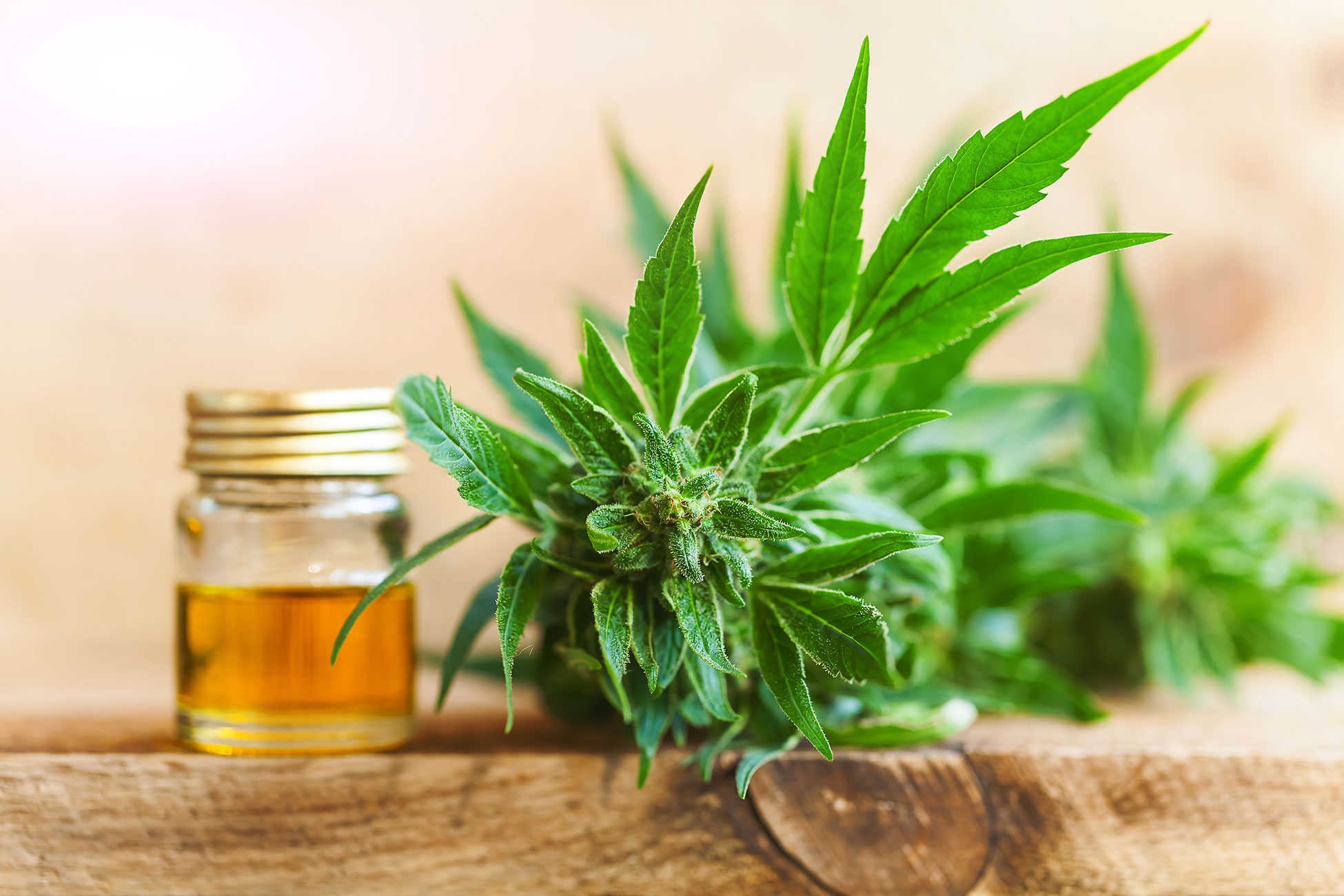
Understanding Aches and Pains
Aches and pains are a common aspect of the human experience, affecting people of all ages and backgrounds. Whether it’s muscle soreness, joint stiffness, or general discomfort, finding effective relief is a universal pursuit. While there are numerous traditional remedies available, the rise of CBD as a potential natural alternative has sparked considerable interest and curiosity.
Decoding CBD: A Natural Wonder
Cannabidiol (CBD) is a non-intoxicating compound derived from the Cannabis sativa plant. Unlike its psychoactive counterpart, tetrahydrocannabinol (THC), CBD does not produce a “high” sensation. Instead, it interacts with the body’s endocannabinoid system (ECS), a complex network of receptors and molecules responsible for maintaining balance and regulating various bodily functions.
The Mechanisms of Relief
CBD’s potential analgesic (pain-relieving) properties stem from its interaction with the ECS. It is believed that CBD may influence the receptors involved in pain modulation, inflammation, and immune response, potentially offering relief from a range of aches and pains. While more research is needed to fully understand the mechanisms at play, early studies and anecdotal evidence suggest promising results.
Targeting Specific Ailments
CBD’s potential benefits extend to a wide range of ailments associated with aches and pains. From chronic conditions such as arthritis, fibromyalgia, and migraines to acute discomfort resulting from injuries or exercise-induced soreness, CBD has shown promise in providing relief. However, it’s important to note that individual responses may vary, and consulting with healthcare professionals is crucial for personalized guidance.
Exploring Application Methods
CBD products come in various forms, offering different application methods tailored to individual preferences and needs. From oils and tinctures to topicals, capsules, and even edibles, there is a diverse array of options available. Choosing the right product and administration method depends on factors such as the targeted area, desired onset time, and personal preferences.
Navigating Quality and Safety
As with any supplement, it is essential to prioritize quality and safety when choosing CBD products. Look for reputable manufacturers that employ third-party lab testing, ensuring that the product is free from contaminants and accurately labeled. Understanding the CBD concentration, sourcing practices, and extraction methods can further guide you in selecting high-quality products.
As we conclude our exploration into the potential of CBD for relieving aches and pains, it is clear that this natural compound holds significant promise. While more research is needed to establish definitive scientific conclusions, the anecdotal evidence and early studies suggest its potential benefits. Remember, each individual’s response may vary, so it’s essential to approach CBD as part of a comprehensive pain management plan, with guidance from healthcare professionals.
From Ancient Medicine to Modern Use: The Fascinating Story of Cannabis
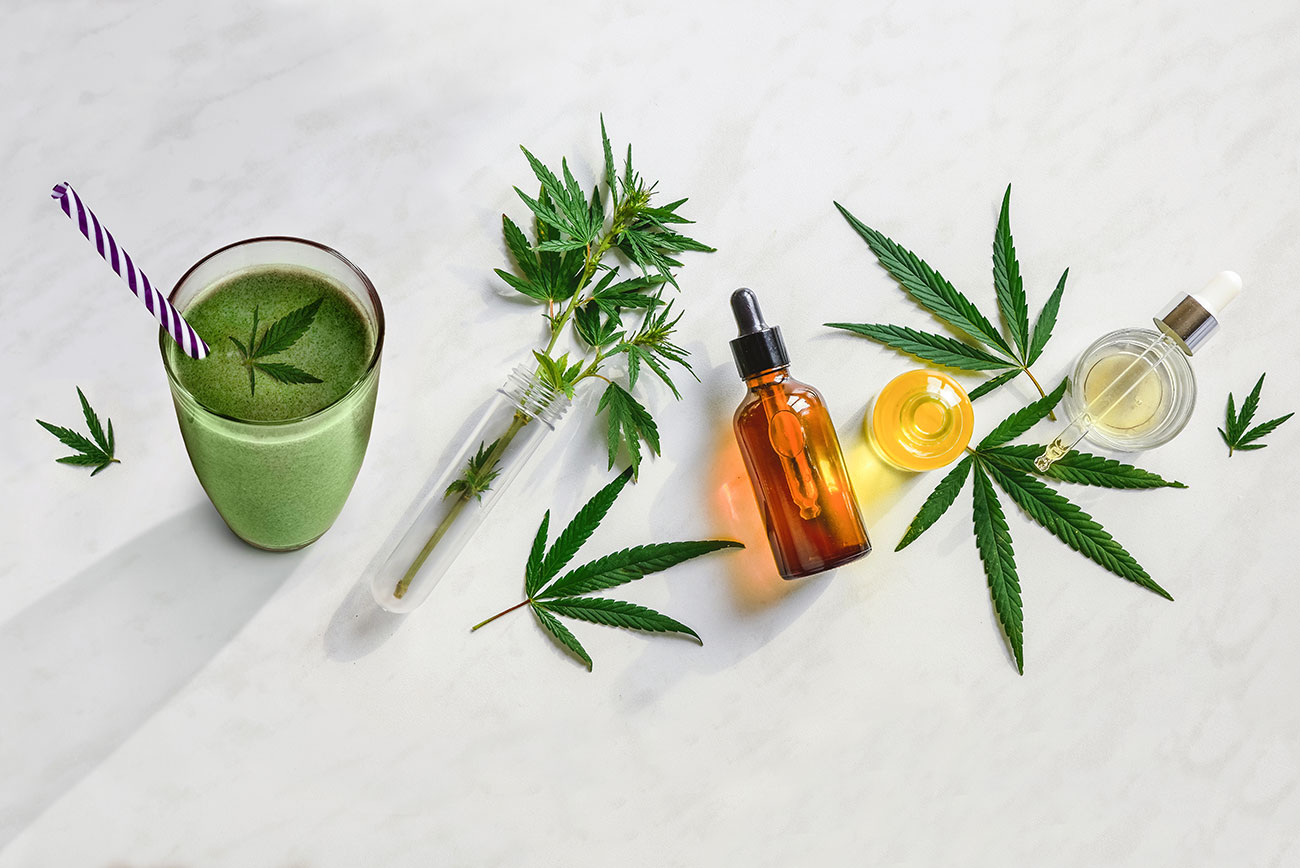
Cannabis, also known as marijuana, has been used for thousands of years for its medicinal, spiritual, and recreational properties. The story of cannabis is a long and complex one, with many twists and turns throughout history. In this article, we will explore the fascinating history of cannabis, from its earliest use in ancient civilizations to its current status as a controversial and often misunderstood substance.
Ancient Use of Cannabis
The use of cannabis can be traced back thousands of years to ancient civilizations in Asia and the Middle East. The earliest known use of cannabis was by the ancient Chinese, who used the plant for medicinal purposes as far back as 2700 BCE. The ancient Egyptians, Indians, and Persians also used cannabis for medicinal and spiritual purposes.
Cannabis in the Americas
Cannabis was first introduced to the Americas by the Spanish in the 16th century. It was initially used for its fiber, which was used to make clothing, rope, and paper. However, it was not long before people in the Americas began to recognize the plant’s psychoactive properties, and cannabis began to be used recreationally as well as medicinally.
The Rise of Cannabis Prohibition
Despite its long history of use, cannabis became the target of prohibition and demonization in the early 20th century. In the United States, the first federal law prohibiting cannabis was passed in 1937, largely as a result of the efforts of anti-drug campaigners and sensationalist media coverage.
The criminalization of cannabis was not limited to the United States, however. Many other countries, including Canada, the United Kingdom, and Australia, also enacted laws prohibiting the use and sale of cannabis.
Cannabis Today
Today, cannabis remains a controversial and highly regulated substance in many parts of the world. However, there has been a growing movement in recent years to decriminalize or legalize cannabis for medicinal and/or recreational use. In the United States, more than 30 states have legalized medical cannabis, and several have legalized cannabis for recreational use as well.
In addition to its recreational use, cannabis has been found to have a wide range of medicinal benefits. Research has shown that cannabis can be effective in treating a variety of conditions, including chronic pain, anxiety, depression, and seizures.
The story of cannabis is a long and complex one, with many ups and downs throughout history. Despite its controversial status, however, cannabis has proven to be a powerful medicine with a wide range of therapeutic benefits. As more and more people become aware of the potential benefits of cannabis, it is likely that its status as a controlled substance will continue to be reevaluated in many parts of the world.
11 Science-Backed Health Benefits of CBD Oil You Need to Know
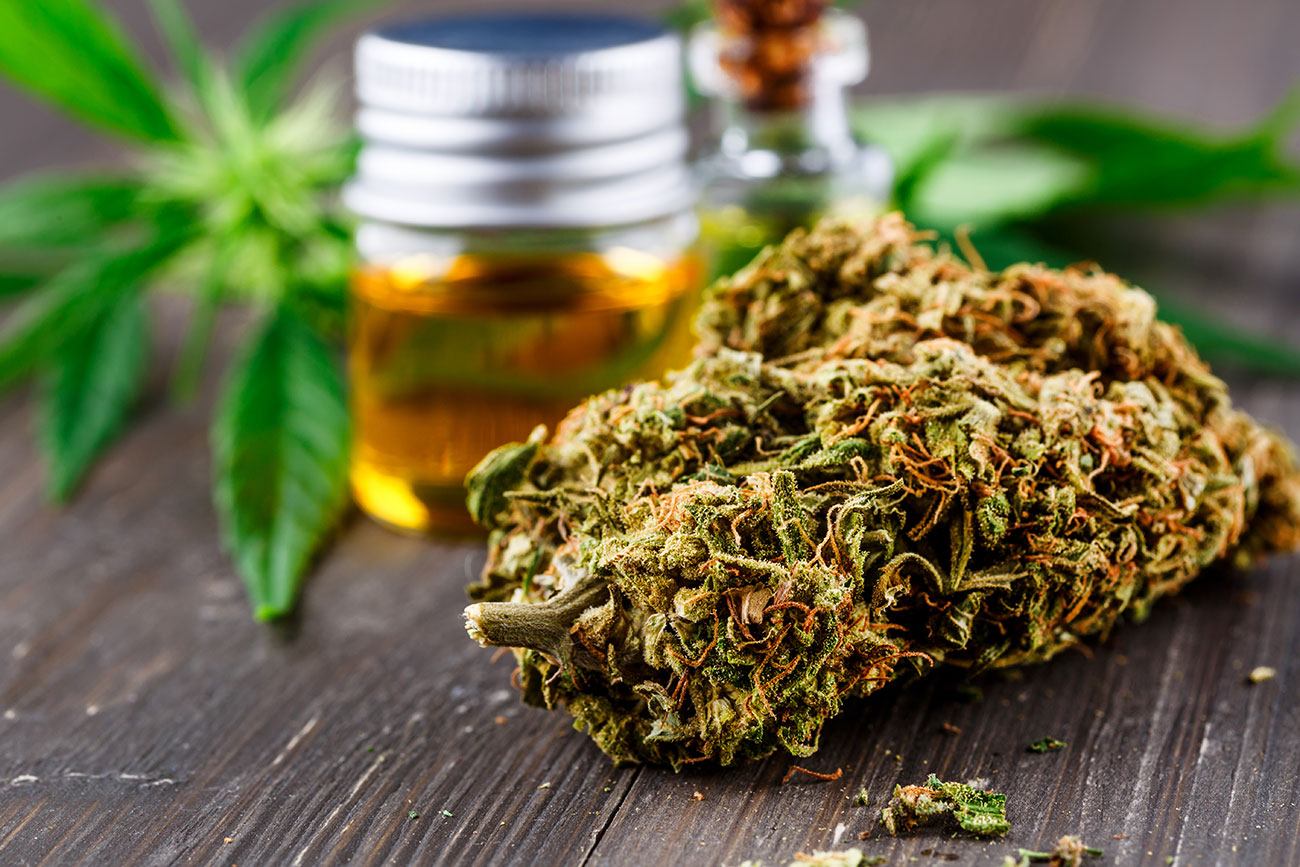
Cannabidiol (CBD) is a non-psychoactive compound found in cannabis plants. CBD oil has gained popularity in recent years due to its potential health benefits. In this article, we will discuss 11 science-backed health benefits of CBD oil.
Relieves Pain and Inflammation
CBD oil has been shown to help reduce pain and inflammation in a variety of conditions, including arthritis, multiple sclerosis, and chronic pain.
Reduces Anxiety and Depression
CBD oil may help reduce symptoms of anxiety and depression by interacting with serotonin and dopamine receptors in the brain.
Improves Heart Health
Studies have shown that CBD oil may help reduce high blood pressure and improve heart health.
Alleviates Cancer-Related Symptoms
CBD oil may help reduce symptoms related to cancer and cancer treatments, such as nausea, vomiting, and pain.
Reduces Acne
CBD oil has anti-inflammatory properties and may help reduce acne by reducing inflammation in the skin.
Helps with Neurological Disorders
CBD oil has shown promise in reducing seizures in individuals with epilepsy and improving overall quality of life.
May Reduce the Risk of Diabetes
Studies have shown that CBD oil may help reduce the risk of developing diabetes and may also help reduce inflammation in individuals already diagnosed with the disease.
Promotes Better Sleep
CBD oil may help promote better sleep by reducing anxiety and stress and promoting relaxation.
Supports a Healthy Weight
Studies have suggested that CBD oil may help promote weight loss by reducing appetite and promoting the conversion of white fat to brown fat.
Enhances Athletic Performance
CBD oil may help improve athletic performance by reducing inflammation, improving cardiovascular health, and reducing muscle spasms.
May Improve Skin Health
CBD oil has antioxidant properties and may help reduce the signs of aging and improve skin health.
CBD oil has shown promise in improving a variety of health conditions. While more research is needed to fully understand the benefits of CBD oil, the existing research suggests that it may be a safe and effective option for those seeking natural remedies.
So, if you’re looking to improve your overall health and well-being, consider adding CBD oil to your daily routine.